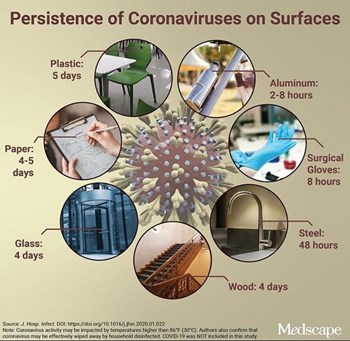
NOTE: The following is content submitted to The Cooperator from a professional contributor, and reflects that contributor's opinions, experience, and expertise.
As you can imagine, our office has been inundated with calls and emails concerning proper protocol should a resident or a tenant in a building either contract or be exposed to someone who has tested positive for the coronavirus. This raises a host of considerations relating to best practices, disclosure, privacy concerns and legal responsibilities. The following are our recommendations to cooperative and condominium boards as well as rental property owners:
First and foremost, cooperative and condominium boards and rental property owners should create formal protocols and procedures to help prevent the spread of the virus, whether or not there is a confirmed illness in the building. Such protocols should include the following:
1. Hand sanitizer should be placed in conspicuous areas of the building where residents routinely touch things, such as near mailboxes, the concierge desk, and in elevators (where people press buttons).
2. If your building has a gym, laundry room, playroom or swimming pool, we recommend that a) disinfectant wipes should be supplied in each area for use; b) a notice should be conspicuously posted reminding individuals to wipe down any and all surfaces that may be touched by them (e.g., weights, bands, exercise balls, washing machine and dryer control panels and door handles, soap dispensers, children’s chairs, tables, toys, pool handrails, lounge chairs) both before and after use; and c) the notice should also remind individuals to wipe down all doorknobs, light switches, water-cooler spigots, and television remote controls before and after touching them.
Next, any board or owner that has reason to believe that a tenant or resident may have contracted the virus or been exposed to it should seek information on the health status directly from that tenant or resident. If a board or owner learns that a building occupant is confirmed to have coronavirus, a series of further procedures should be implemented:
1. Privately confirm with the infected individual that he or she has alerted appropriate health authorities, such as agencies of the City of New York and State of New York and the CDC, obtain confirmation of the same, and confirm that they will not leave their apartment for the amount of time specified by the relevant authorities.
2. Communicate privately with the tenant or resident to determine how that person intends to manage the illness. Will they self-quarantine? Do they anticipate visitors or medical support personnel who would have exposure to the illness and travel through common areas of the building? Do they intend to leave their apartment before two weeks has elapsed? While boards do not have the ability to direct the behavior of a resident, it is very important to know the person’s intentions to effectively and accurately communicate with others in the building.
3. While there has been some controversy over disclosure, we believe that a board has a fiduciary duty to alert building occupants if there is a confirmed case of coronavirus in the building – not just possible exposure, which could include all residents of the building -- and explain the measures that are being taken to prevent its spread (e.g., the person is following all governmental protocols for quarantine). Privacy considerations are paramount and naming the infected individual, or providing information on that person’s location, should be avoided. The alert should specify that the person is self-quarantining, or that he or she is under governmental order to not to leave the apartment for two weeks for any reason, including even for ministerial tasks such as taking trash to the compactor chute.
4. The inevitable question from fellow residents which will follow is: “Who is the infected person?” It is our recommendation that, due to a resident’s right to privacy and in order to promote full disclosure without any fear that that person might be publicly ridiculed or shamed, a board or owner should not disclose the infected person’s name so long as the infected individual is following proper government promulgated protocol. If the infected person is not following protocol, then appropriate authorities, like DOH, should immediately be contacted. Refusal to identify the infected person may cause some dissension among other residents, but so long as the person remains quarantined, we understand there is no risk of contaminating others from one apartment to another and there is no known instance of the spread of COVID-19 or coronaviruses from person-to-person over long distances, such as through HVAC systems.
5. Proper procedures should also be shared with all building staff. Building employees should be instructed to inform property managers if they suspect they are ill, or if they have a confirmed illness. In the event of a confirmed employee infection with coronavirus, other employees and tenants should be alerted that they may have been exposed to the virus, but the identity of the employee should not be shared. Buildings should anticipate that building staff my call in sick and be out or work for as long as two weeks. See also the NYC Guidance Memo concerning staff entry into residents’ apartments.
6. Finally, boards and owners should not present themselves as medical authorities or provide
specific guidance on the illness to residents. However, boards and owners may direct
residents to prevention information recommendations from authoritative sources such as the
CDC and/or the DOH.
This is a difficult time for everyone. While we are confident the coronavirus will eventually be successfully
dealt with, in the interim we thought it prudent to provide our friends and clients with guidance should an
owner or resident in your building become exposed or infected.
For years, we have worked together with our clients to manage difficult situations. This is a first for us, as
it likely is for you, and we fully anticipate successfully managing it together. If you have any questions
regarding this memo, please feel free to contact us at 212-743-7000.
Jeffrey M. Schwartz is a partner with SSRGA's Real Estate division, based in New York City.



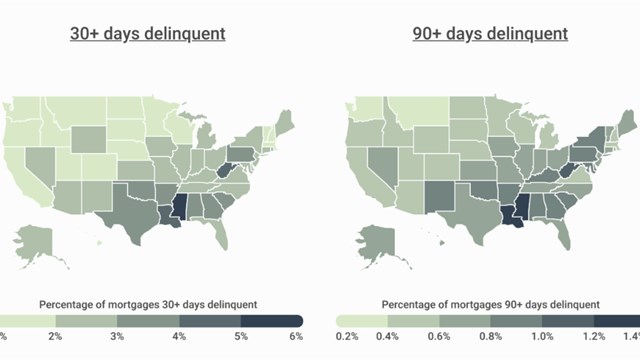
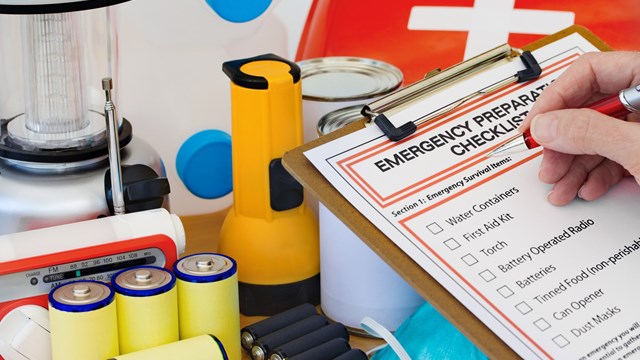
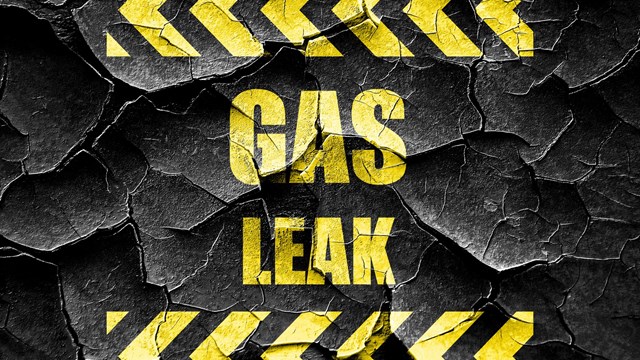
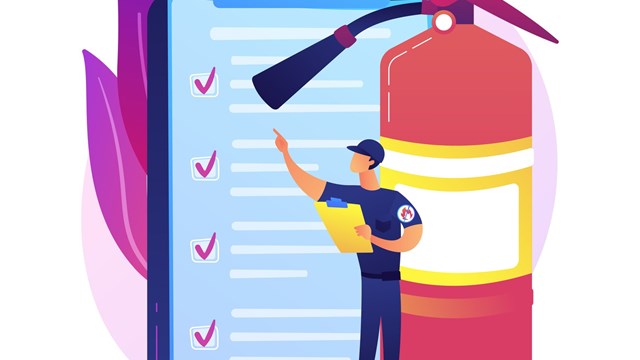
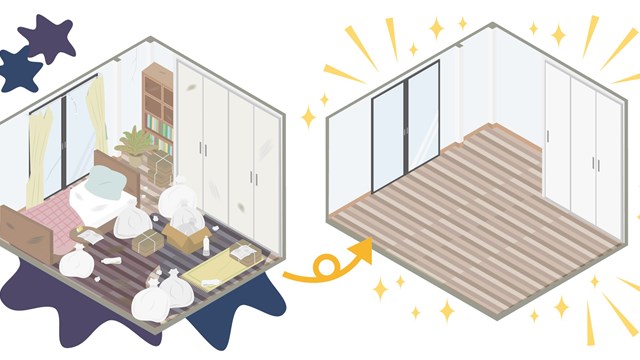

Leave a Comment